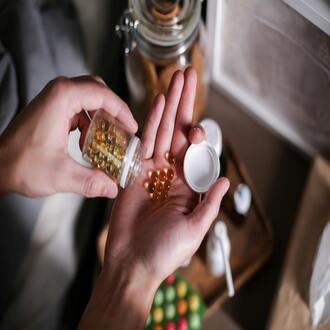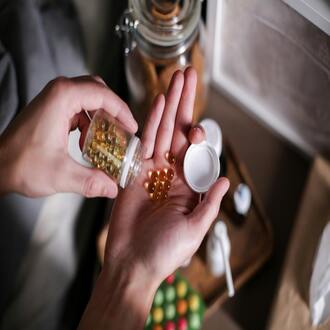Transcription Soda
Soft drinks are beverages with a high consumption worldwide, it is the taste of millions of people and there are hundreds of varieties of these products for everyone's taste. They are also affordable, so you can find them in any store, supermarket and gastronomic establishments.
However, sodas contain ingredients and properties that can be harmful to human health, especially if consumed in excess. In order to understand the basis for the damage that can be caused by excessive consumption of soft drinks and how we can consume them in moderation in order to enjoy them, we will discuss their basic characteristics in the following guide, so that you have the necessary information to make an objective assessment of the use of this product.
What are soft drinks?
Sodas can also be identified as sodas, soft drinks, or frescos and are beverages made from carbonated water, caffeine, sugars such as fructose, sucrose or cyclamate, acids, flavorings, antioxidants, colorings and preservatives.
There are an infinite number of flavors for these drinks, the most popular being cola, lemon, orange and others also known as strawberry, grape, cherry, vanilla, melon, etc.
Composition of soft drinks
Water: Soft drinks are composed of approximately 90% water. They usually use distilled water, which eliminates almost all the minerals that compose it.
Sugar: Soft drinks have a high composition of refined sugar. According to the World Health Organization (WHO), the recommended amount for adults is 30 grams of sugar per day, while a 325 ml can of non-diet soda contains at least 33 grams of sugar.
Artificial sweeteners: Diet sodas replace sugar with artificial sweeteners, mainly saccharin and aspartame. Saccharin is a non-nutritive sweetener that is used in low quantities because it is 300 times sweeter than sugar; moreover, the abuse of this substance can trigger cancer. On the other hand, aspartame, 200 times sweeter than sugar, is also used in low doses.
Acids: Soft drinks contain acids to provide a refreshing sensation to these products, while balancing the flavor and preserving the sweetness. Acids such as citric, phosphoric and malic are generally used.
Caffeine: Soft drinks are addictive, and this is caused not only by sugar (glucose addiction), but also by caffeine. This compound is the one that causes the stimulating effect that we often seek when consuming soft drinks, since it stimulates the nervous system and increases the heart rate, improves our attention span and provides us with energy. The proportion of caffeine usually contained in 325 ml cans of soda is 40 mg.
Carbon dioxide: This compound is introduced to water under pressure, causing the bubbles we notice when we open and consume sodas.
Preservatives: These preserve the flavor of sodas; however their use should be controlled as their long-term effects have been studied as a trigger for asthma and skin rashes.
Flavorings: Flavorings, as their name indicates, are responsible for the different flavors that exist in soft drinks. Their origin can be natural or artificial.
Sodium: The composition of sodium present in soft drinks is approximately 20 mg-100 mg per 240 ml, depending on the brand and the flavor of the soft drink.
Colorants: The most commonly used colorant is caramel, however there are an infinite number of colors to be used in these products, which makes them more commercial and appealing to the market.
Damage to human health
The first problem that comes to light when analyzing the composition of soft drinks is the high level of sugar they contain. This is a trigger for type II diabetes, obesity, hypertension, dental cavities and kidney problems. On the other hand, an excess of caffeine is extremely harmful, and is related to anxiety, hyperactivity and sleep disorders. What makes matters worse is that these two aforementioned substances, sugar and caffeine, are addictive, which makes it difficult or impossible for the consumer to control the amounts ingested.
It has also been shown that other components of soft drinks can lead to carcinogenic problems such as certain artificial sweeteners, and preservatives in disproportionate amounts can act as triggers for asthma and skin problems.
soda




